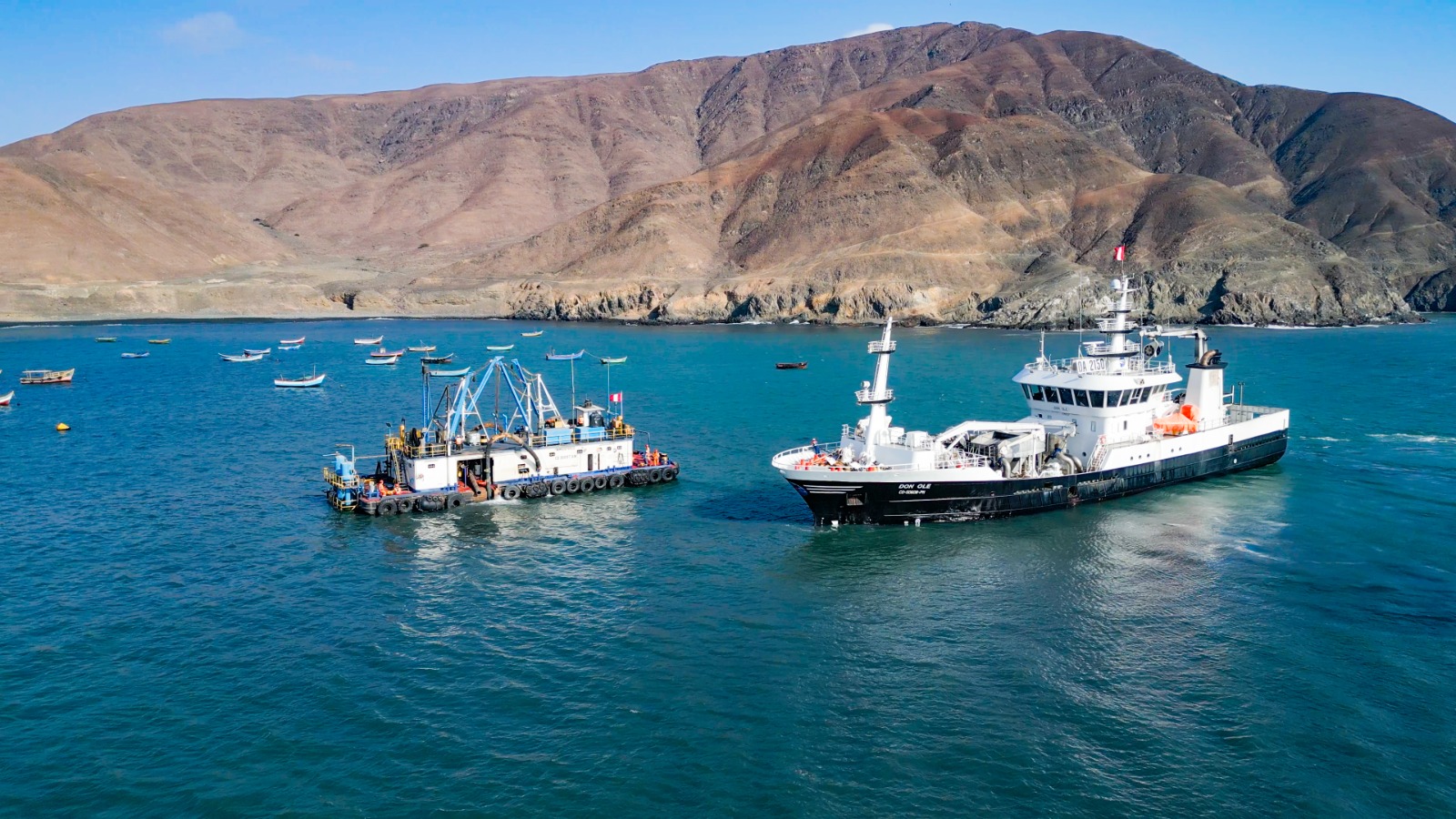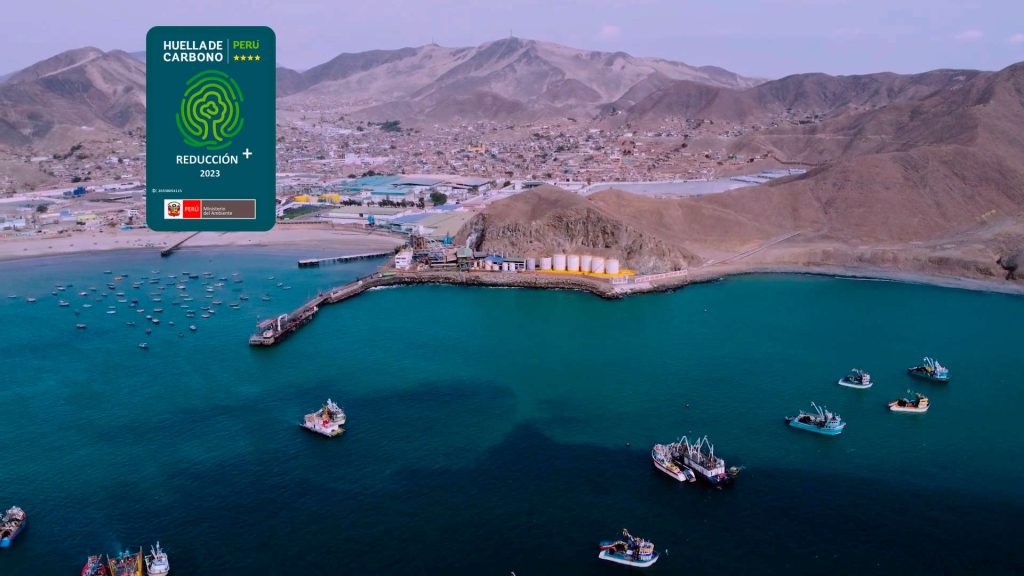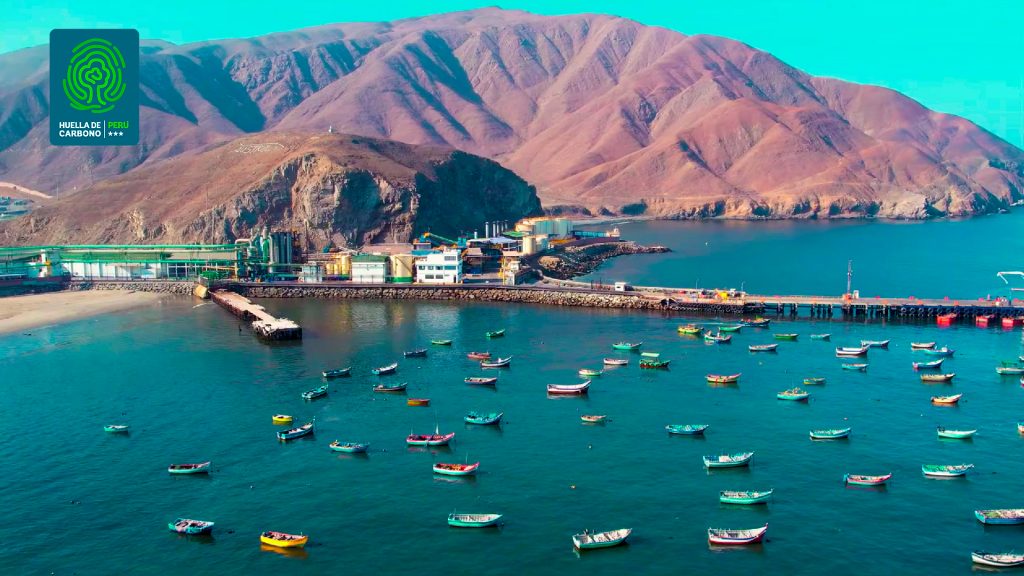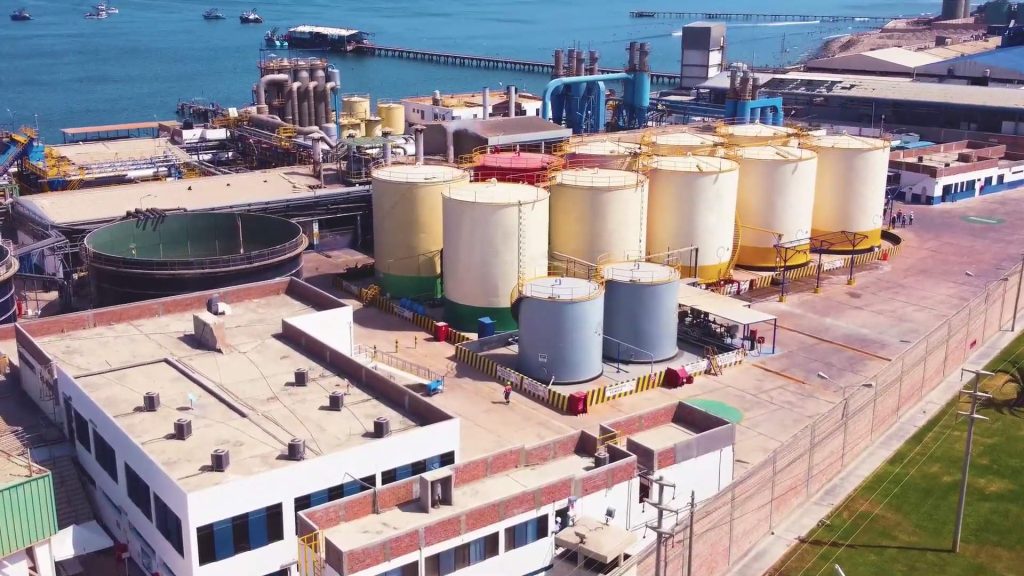
- A study published in the scientific journal Aquaculture highlights the environmental benefits of the Peruvian fishing sector.
Lima, April 2025. – The Peruvian anchovy fishing industry was recognized as one of the most efficient in the world in terms of environmental sustainability, according to a study using the life cycle analysis (LCA) methodology conducted by the Austral Group in conjunction with the Peruvian Life Cycle and Industrial Ecology Network (PELCAN).
The study provides new insights into the marine ingredients industry, representing the latest update on analytical methodologies, data quality, and availability. Given its academic rigor, it was recently published by the scientific journal Aquaculture, part of the Elsevier Group in the Netherlands, under the title "Identifying Current Trends in Environmental Impacts Associated with Fishmeal and Fish Oil Production in Peru."
"This study contributes to the scientific literature, reinforcing the importance of anchovy fishing in the global context as one of the most sustainable sources of protein. We continue to invest in science and the implementation of technologies that allow us to move toward an even more efficient and environmentally friendly fishing model," emphasized Adriana Giudice, CEO of Austral Group.
El estudio – a cargo de los autores Alejandro Deville, Ian Vázquez Rowe, Angel Avadí, Luis Fernando Miranda y Ramzy Kahhat – es el primero en su tipo en cuanto a la profundidad del análisis de toda la cadena de producción, desde la pesca hasta la exportación.
Results that position Peru
The study, which used the fishmeal and fish oil processing fleet and plants of Austral Group S.A.A.—as a representative company in this sector—reveals the progress and best practices implemented in the industry, positioning Peru as a benchmark for responsible and sustainable fishing.
Así, por ejemplo, el análisis demuestra que la actividad pesquera y productiva de harina de pescado peruana presenta una huella ambiental significativamente menor en comparación con la de otros ingredientes para la producción de alimentos acuícolas a nivel global como, por ejemplo, los subproductos pesqueros, la soja brasileña, los derivados avícolas, así como la de otras pesquerías orientadas a la producción de harina y aceite de pescado.
Another aspect highlighted by the study is that anchovy fishing has low greenhouse gas (GHG) emissions, emitting considerably less CO₂ per kilogram of product compared to other sources of feed ingredients, given the smaller fleet and the relatively shorter distance vessels travel to harvest.
Regarding the anchovy processing stage, the research confirms that the switch to natural gas has generated a significant reduction in GHG emissions compared to the use of diesel and R500 fuel, as measured in previous studies.
Finally, the research confirms that the implementation of rigorous management based on quotas and closed seasons has contributed to the conservation of anchovy biomass, ensuring the long-term sustainability of the resource.
Public access study
The study is available to researchers, regulators, and the general public at the following link: https://doi.org/10.1016/j.aquaculture.2025.742239



